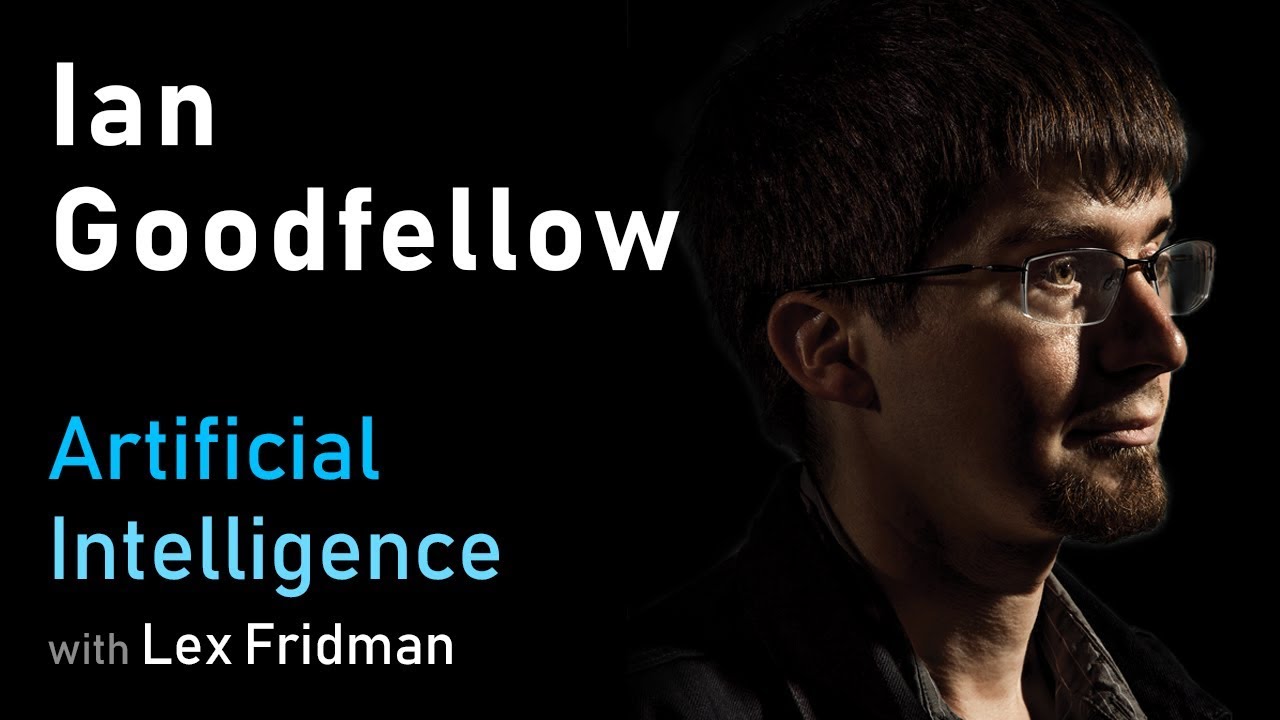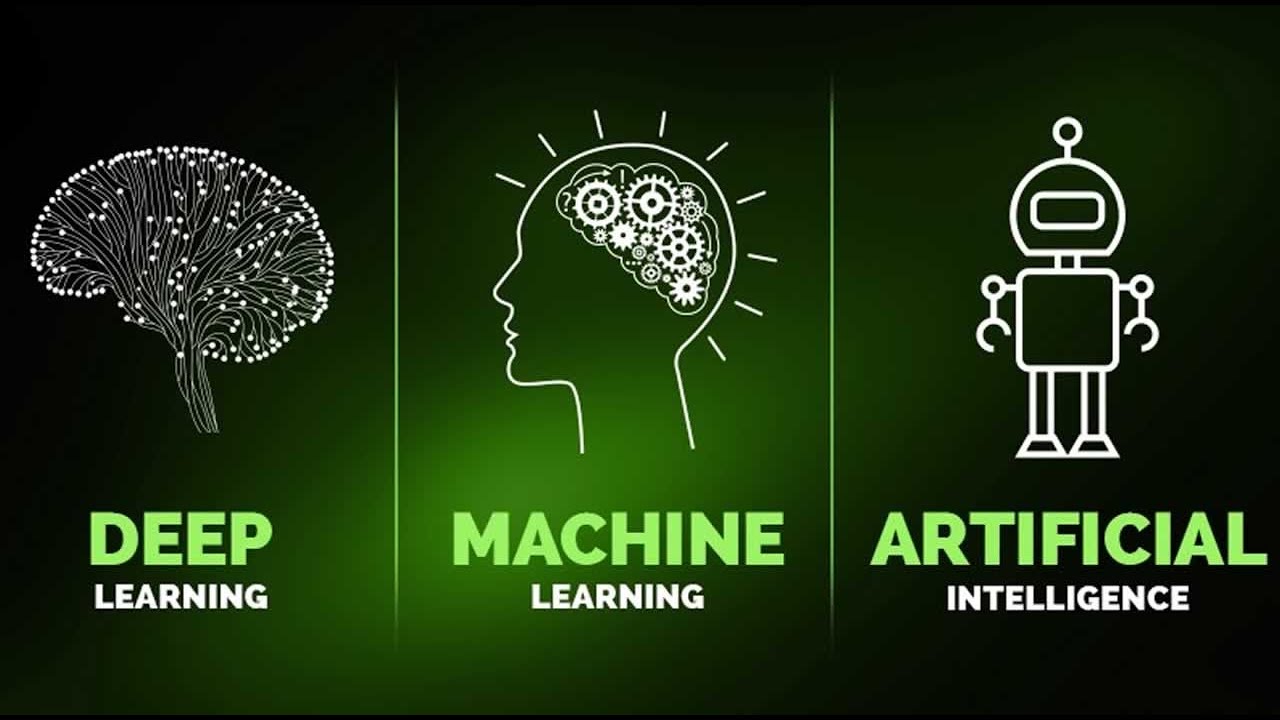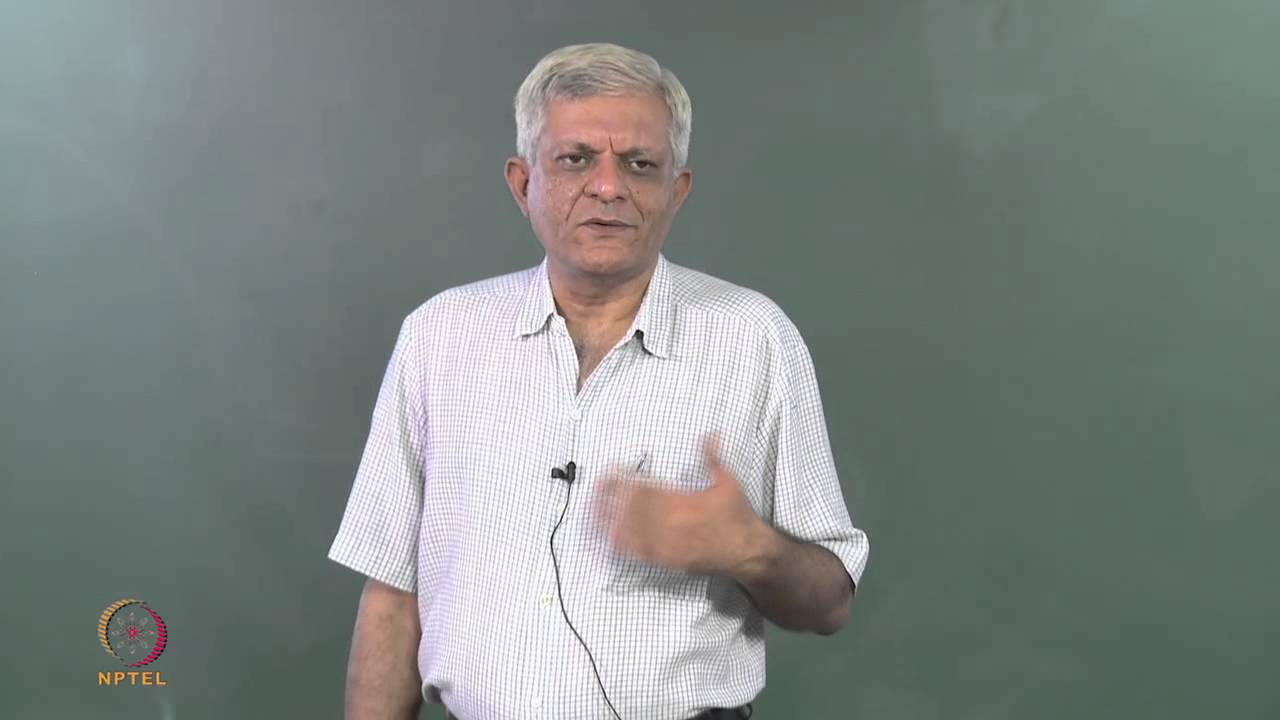Lex Fridman
Ian Goodfellow is an author of the popular textbook on deep learning (simply titled “Deep Learning”). He invented Generative Adversarial Networks (GANs) and with his 2014 paper is responsible for launching the incredible growth of research on GANs. He got his BS and MS at Stanford, his PhD at University of Montreal with Yoshua Bengio and Aaron Courville. He held several research positions including at OpenAI, Google Brain, and now at Apple as director of machine learning. This recording happened while Ian was still at Google Brain. This conversation is part of the Artificial Intelligence podcast at MIT and beyond. Audio podcast version is available on https://lexfridman.com/ai/
INFO:
Podcast website:
https://lexfridman.com/ai
iTunes:
https://apple.co/2lwqZIr
Spotify:
https://spoti.fi/2nEwCF8
RSS:
https://lexfridman.com/category/ai/feed/
Full episodes playlist:
https://www.youtube.com/playlist?list=PLrAXtmErZgOdP_8GztsuKi9nrraNbKKp4
Clips playlist:
https://www.youtube.com/playlist?list=PLrAXtmErZgOeciFP3CBCIEElOJeitOr41
CONNECT:
– Subscribe to this YouTube channel
– Twitter: https://twitter.com/lexfridman
– LinkedIn: https://www.linkedin.com/in/lexfridman
– Facebook: https://www.facebook.com/lexfridman
– Instagram: https://www.instagram.com/lexfridman
– Medium: https://medium.com/@lexfridman
Source



This conversation with Ian led me to rethink the way I see several basic ideas in deep learning, including generative models, adversarial learning, and reasoning. I definitely enjoyed it and hope you do as well.
Two legends from MIT & Stanford University 😍
Of all your podcasts, this one has the best questionnaire.
this guy is very cautios with his formulations. clearly shows that he has an academic background, i respect that even though I don't necessarily share his enthusiasm about nets specifically.
GANssssssssssssss
Another excellent interview – except when, at 52:26, IanBot's servo power supply runs out. Fortunately he was able to complete the interview via Bluetooth, demonstrating the resilience of his neural network.
I learn so much from this conversation.
Its also hard to think of consciousness As Values
Thats the closest your going to get With AI,
With out Using Sensors.
But eventually That's the Road we will Travel, To Form a Opinions, But Its There already! Sooner or later Value Randomness
Become One Singularity.
But Where. and When ?
Spooky! hahaha anyway soon AI will build Itself , again,And Again so many Times ,
When they write the Program. Its like a Pyramid that's the key.
Ian seems to be with sleep difficulties, sleep lack, by his eyes. Obvious thing. Is he depressive fella ?
good research he does, must take-care.
thank's for this podcast course… what i got is back to the basic neural network…
Your podcast is awesome.
Ian Goodfellow is absolutely brilliant. He should have unlimited resources at his disposal.
Humans don't learn pong by failing a million times, but humanity learned our common sense understanding of the world by our ancestors failing millions of times.
Lex!!, I have been binge-watching your interviews.
You messed-up twice in two very Important Interviews (1) The battery ran out at the end of the Ian conversation (2) The Camera was turned-off on the Noam Chomsky interview. I do hope that you are a lot more careful and more well prepared when you write/design code !!!!!!.
Ian always reminds me of a blind person. I like to think he's so brilliant his eyes can't focus.
Grabbed so many things from this talk. Thanks so much. Will soon be using semi-supervised learning on one of my projects !!
This is Shaggy with 2% of his intellect.
Ian is great but I am not a fan of his textbook
Biggest application of GANs: Tailor swift face porn videos.
What's it take for a discriminator to classify the practical purpuse/function of a newly generated idea or picture? Maybe a physics simulator, after a while the discriminator learns physical properties after testing many generated ideas and can then predict if an idea will work or not without having to first test it in a simulator or worse, build it in reality.
Great Video!